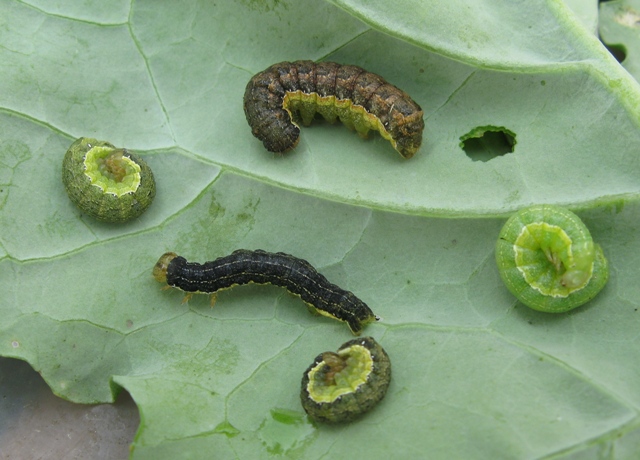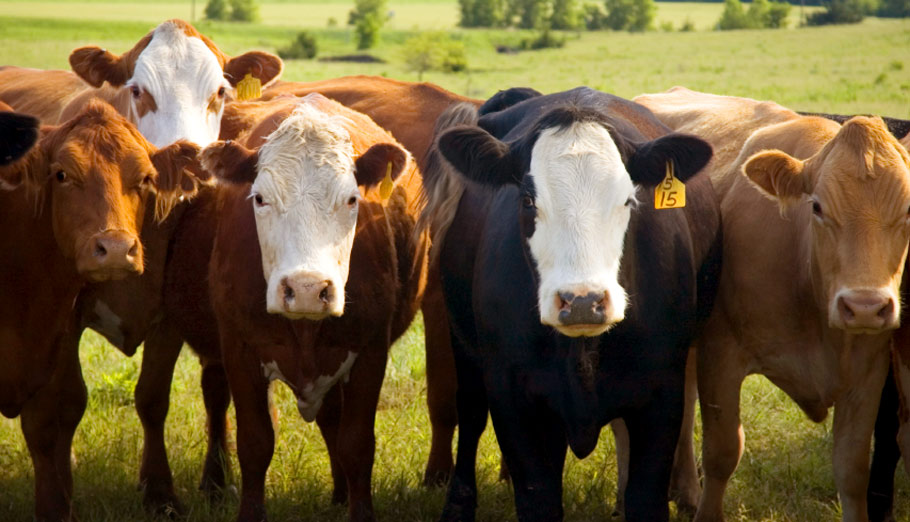| Honorable Minister Of State for Agriculture and Rural Development, Sen. Heineken Lokpkobiri |
The Honorable Minister Of State for Agriculture and Rural
Development, Sen. Heineken Lokpkobiri has attended a high level meeting of key
leaders and Ministers of Fisheries and Global Seafood Sectors.













